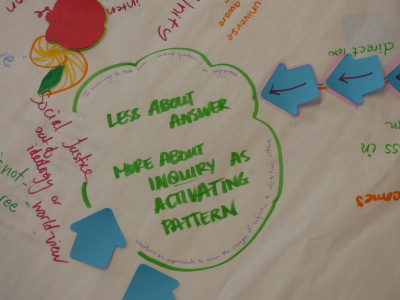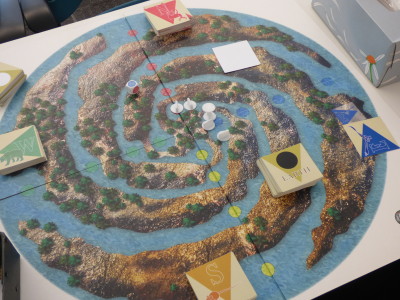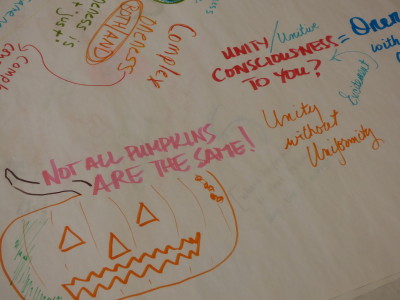I returned home yesterday from what has been 12 consecutive days of work. Leading processes for engagement. Contributing to design. Being with colleagues that are now friends, and friends who are long-term colleagues. It has meant early mornings, waking often at 4:30 or 5:30. It has mean full working days going through until 8:30 or 9:30 often. I’m welcoming some rest.
I returned home to a newly arrived birthday card from a friend. On the cover was this phrase from 19th century Irish playwright and author, Oscar Wilde.
“The true mystery of the world is in the visible, not the invisible.”
Oh, how I am drawn to the invisible. This is a long time disposition for me. It comes from the premise and experience I know, that there is always more that is invisible and unknown than there is visible and known. It creates quite a call for the inner explorer, right.
What I love from this Oscar Wilde quote, is the reminder that even the known has mystery.
I would suggest this is at play explicitly in the last 12 days of work for me. The mystery that is in the visible of a UCC congregation meeting each other in more honest and real connection to identify strategic experiments. The mystery in the visible that is 12 participants at a pre-conference two-day workshop that explores together the focus of reclaiming the heart of humanity. The mystery in the invisible that is a cathedral parish dreaming together ways of being that help them create a parish profile.
No doubt, in each of these, there is the invisible. I will never deny this, and will always seek out it’s relevance. But how significant it is to momentarily let go of an assumption of objectiveness, often found in the visible, to pick up the subjectiveness in the visible.
That’s a birthday gift, this reminder of mystery, that gives me rest in the coming days.



